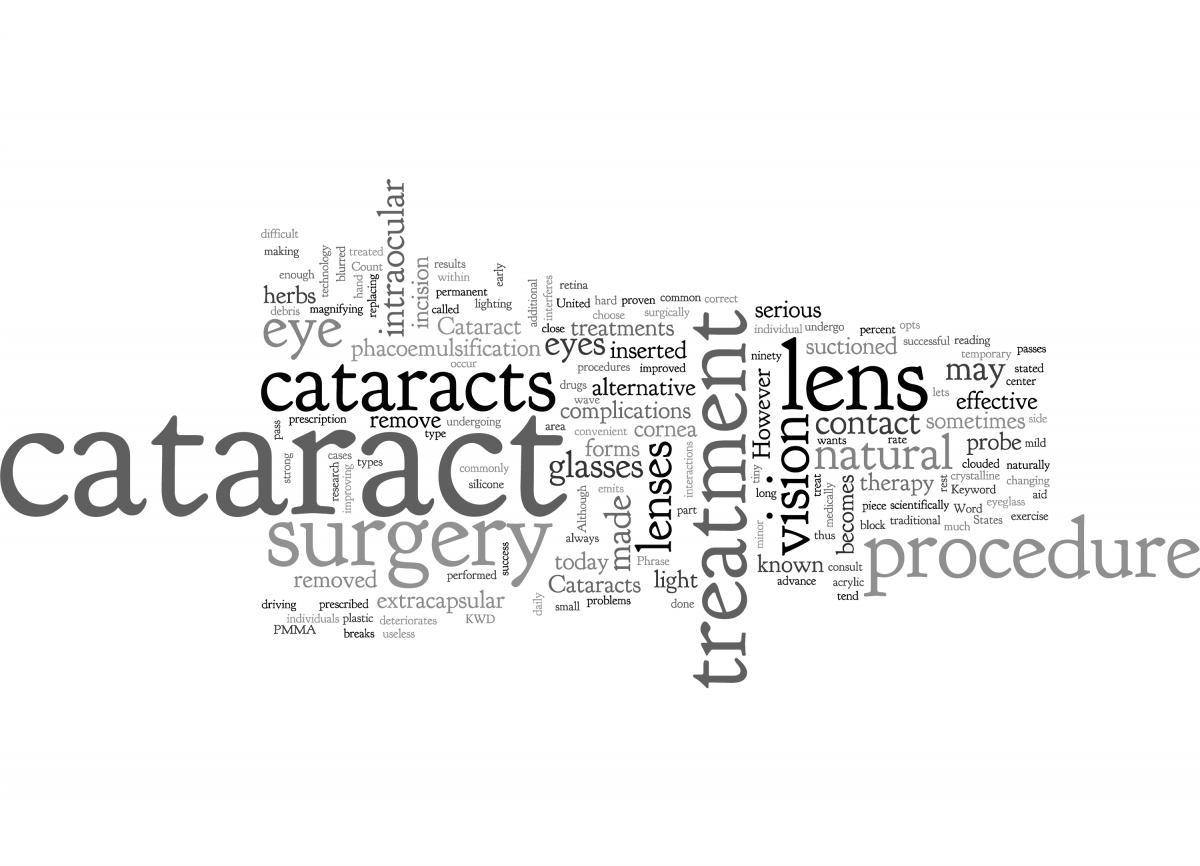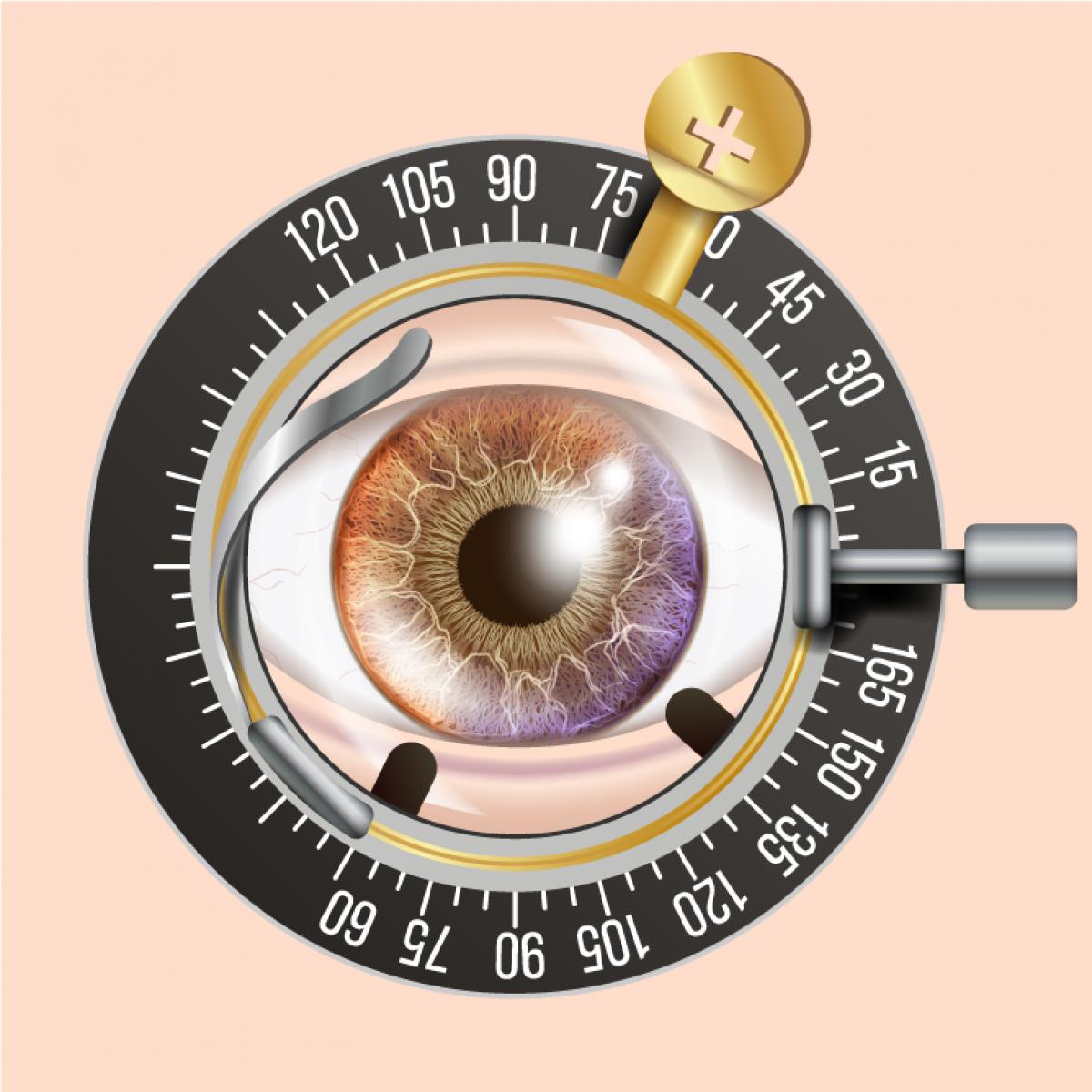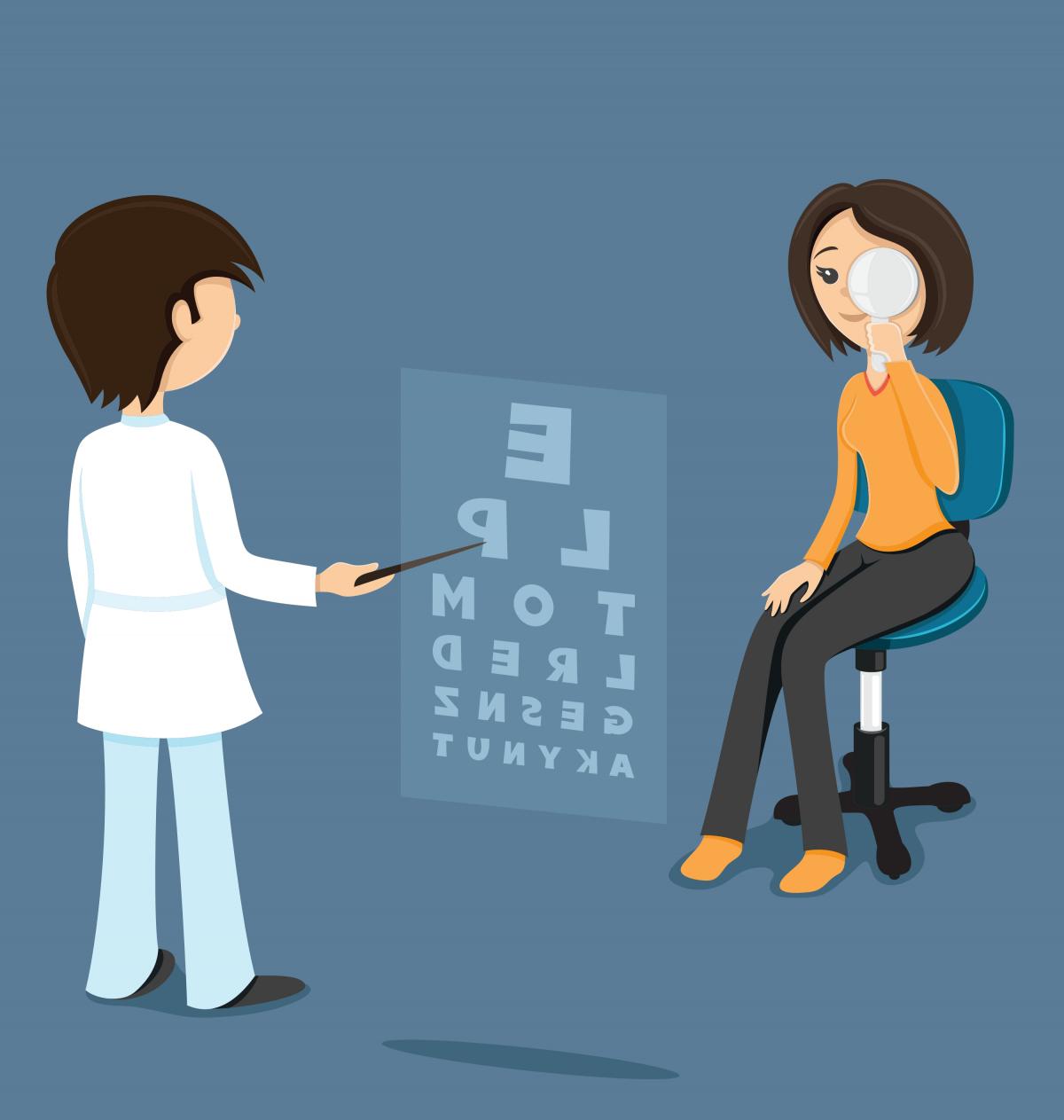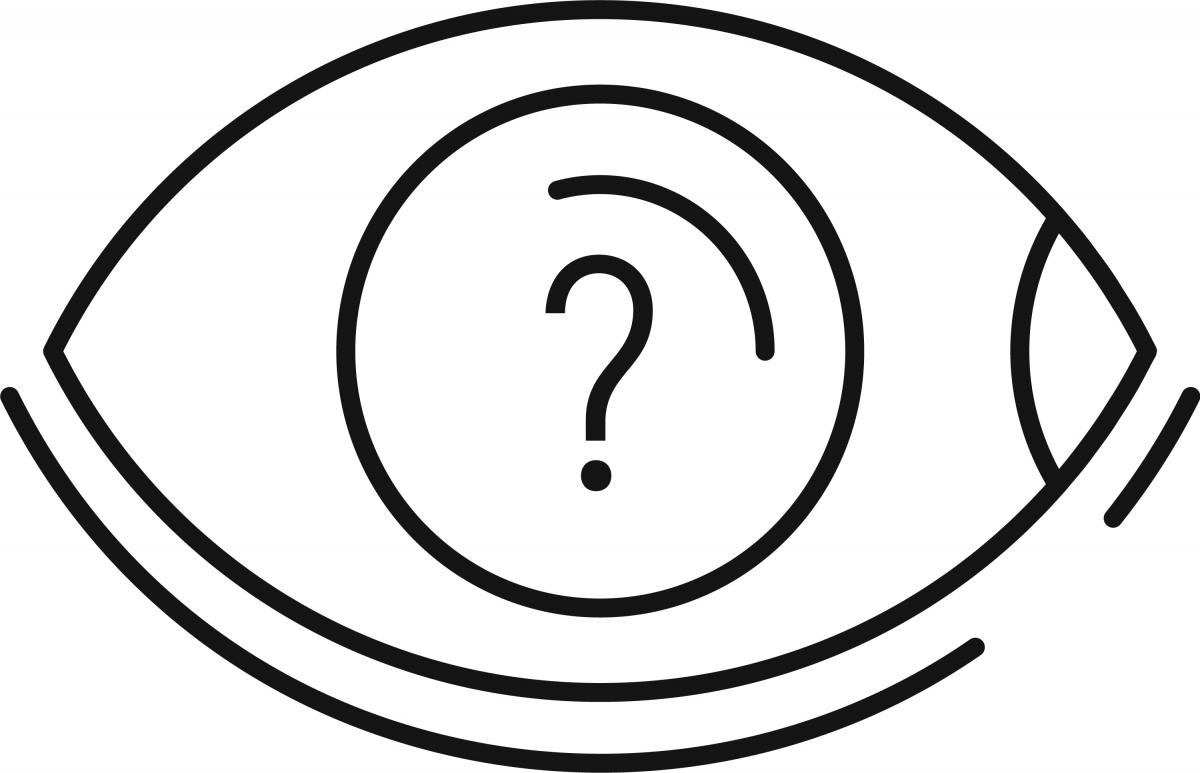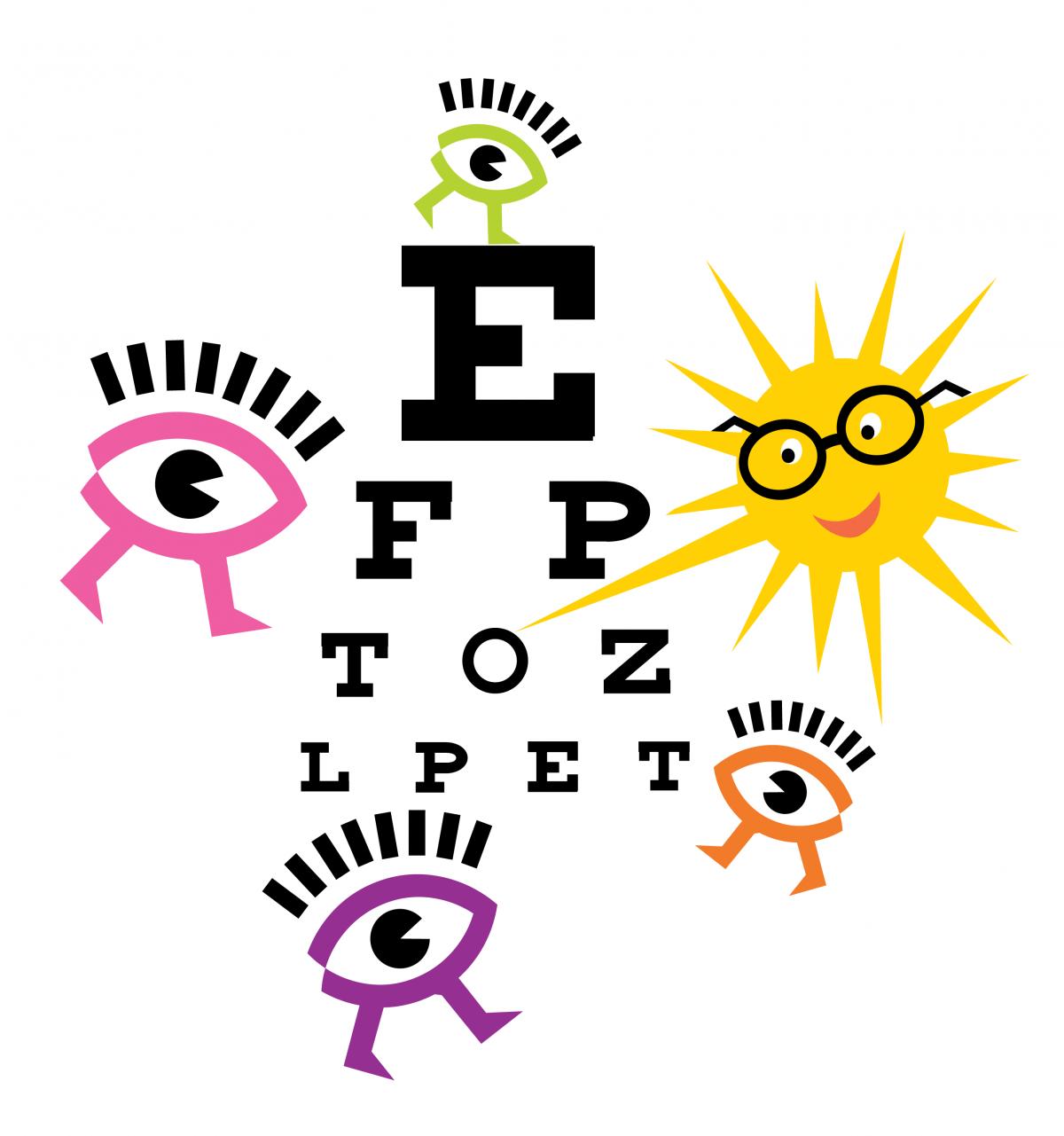How much does cataract surgery cost?
Published in Cataract Pre-Surgery Questions
How much does cataract surgery cost?
I can only speak to this for those of us in Ontario, Canada.
If you have a visually significant cataract and desired, you could have cataract surgery done at no charge in Ontario. However, most of my patients spend approximately $300-$400 per eye to have premium implants and the associated measurements.
If you elected to have an enhanced procedure or had a significant amount of astigmatism that you wanted to concurrently correct with surgery… these costs range from $1000 - $2500 extra per eye.
Speak to your surgeon about the $ details
